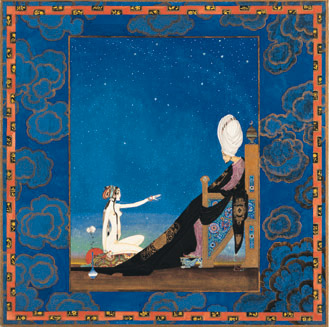 KMTT podcast proceeded this week with the Torah section in which Abraham is sent away from his land to settle in Canaan. Part of the tale is an epic about a battle in Siddim between Canaanite Kings lead by the king of Sodom and Mesopotamian kings. The battle is won by the Mesopotamians and as a result Lot, Abraham's nephew, who has settled with the Sodomites, loses his goods. Abraham comes to the rescue and wrests Lot's possessions from the enemy by chasing them north, all the way until Damascus.
KMTT podcast proceeded this week with the Torah section in which Abraham is sent away from his land to settle in Canaan. Part of the tale is an epic about a battle in Siddim between Canaanite Kings lead by the king of Sodom and Mesopotamian kings. The battle is won by the Mesopotamians and as a result Lot, Abraham's nephew, who has settled with the Sodomites, loses his goods. Abraham comes to the rescue and wrests Lot's possessions from the enemy by chasing them north, all the way until Damascus.The podcast tries to explain why this war and its consequences are part of the Torah and what is its meaning. Ramban and Rashi are the main sources.
But I was fascinated by a remark in the margin. Abraham is said to take 318 men with him on his chase north. Rabbi Waxman, who gives the talk, casually declares that this is not a bunch of men, but just Abraham and his servant Eliezer. My limited understanding is just enough why this is suggested. If you take the letters of Eliezer's name, and count their worth you arrive at 318: Aleph (1), Lamed (30), Yod (10), Ayin (70), Zayin (7), Resh (200). So I guess that is why this assumption is made.

